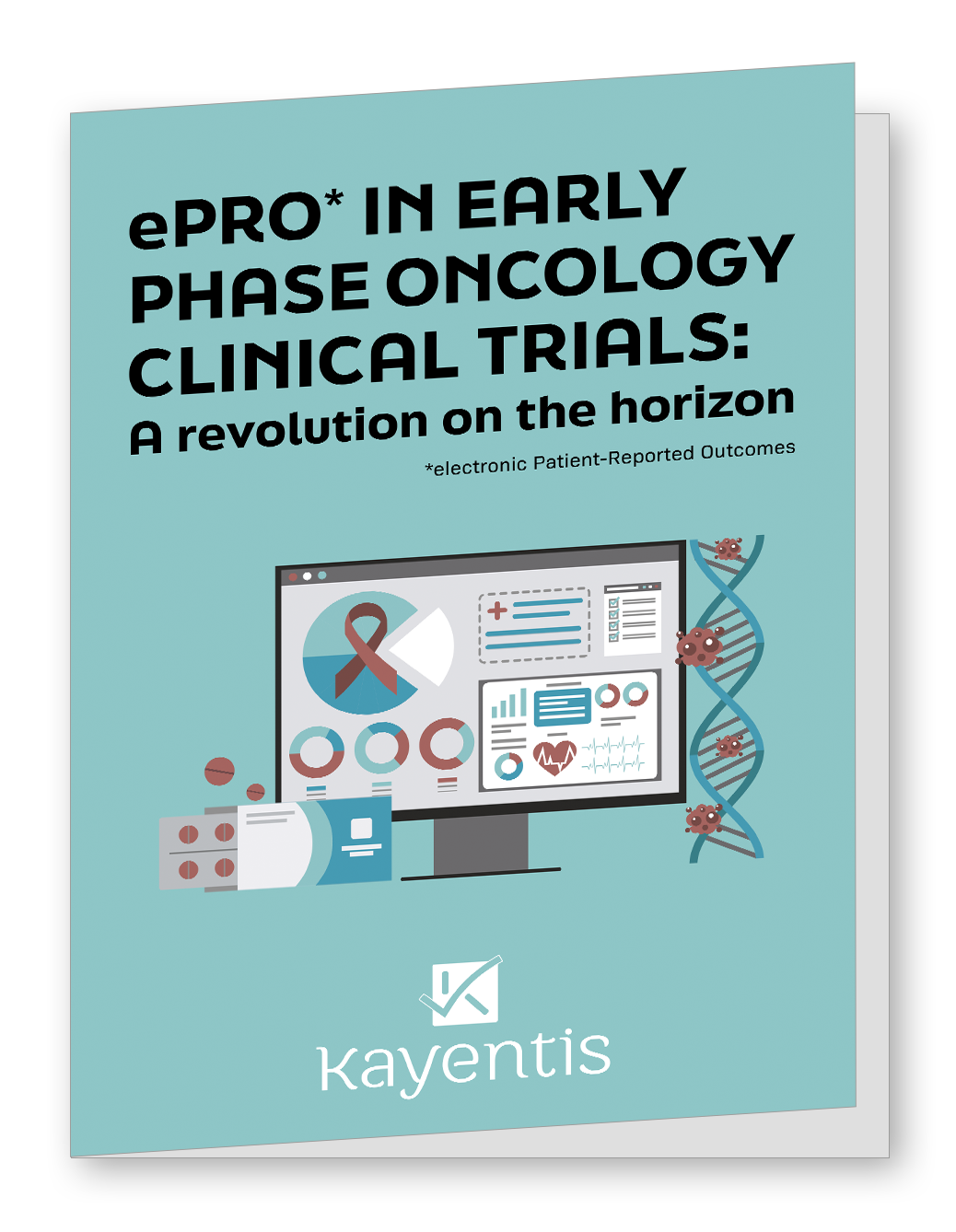While the integration of Patient-Reported Outcomes (PROs) into phase IIb and III clinical trials has become increasingly widespread in the 21st century, their inclusion in early-phase studies, namely Phase I and Phase IIa, remains relatively uncommon. This discrepancy is often attributed to the primary objectives of early-phase trials, which focus on evaluating the safety and tolerability of investigational therapies. As a result, patient perspectives and quality-of-life metrics are typically deprioritized and deferred to later stages of clinical development.
However, this separation raises a critical concern: the characterization of treatment-related toxicities and the determination of the recommended Phase II dose (RP2D) are conducted without direct input from patients. In oncology research, dose-limiting toxicities (DLTs) and RP2D are traditionally assessed by clinicians and do not capture the patient’s subjective experience or self-reported symptoms during treatment. This prompts a fundamental question: could the integration of PROs into early-phase trials enhance the characterization of DLTs, refine RP2D selection, and ultimately improve the likelihood of demonstrating meaningful and acceptable clinical benefit in later-stage research?
Download the white paper 👇






